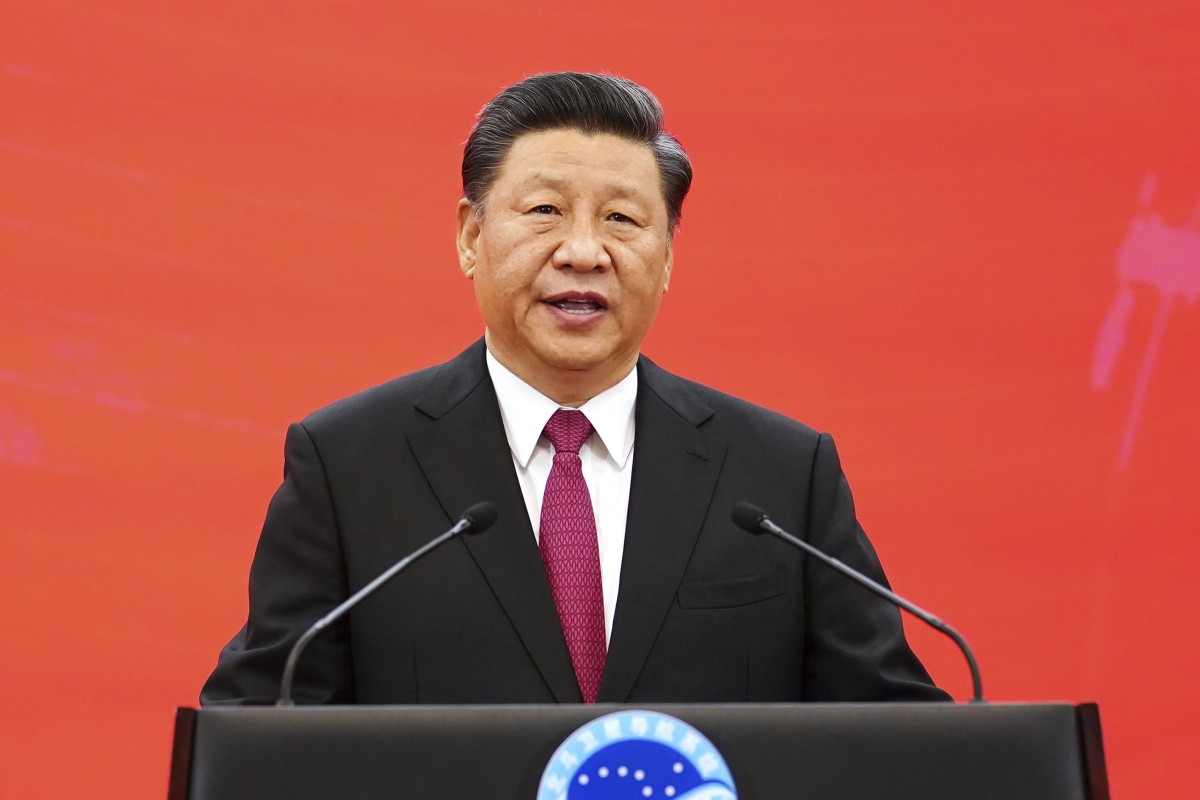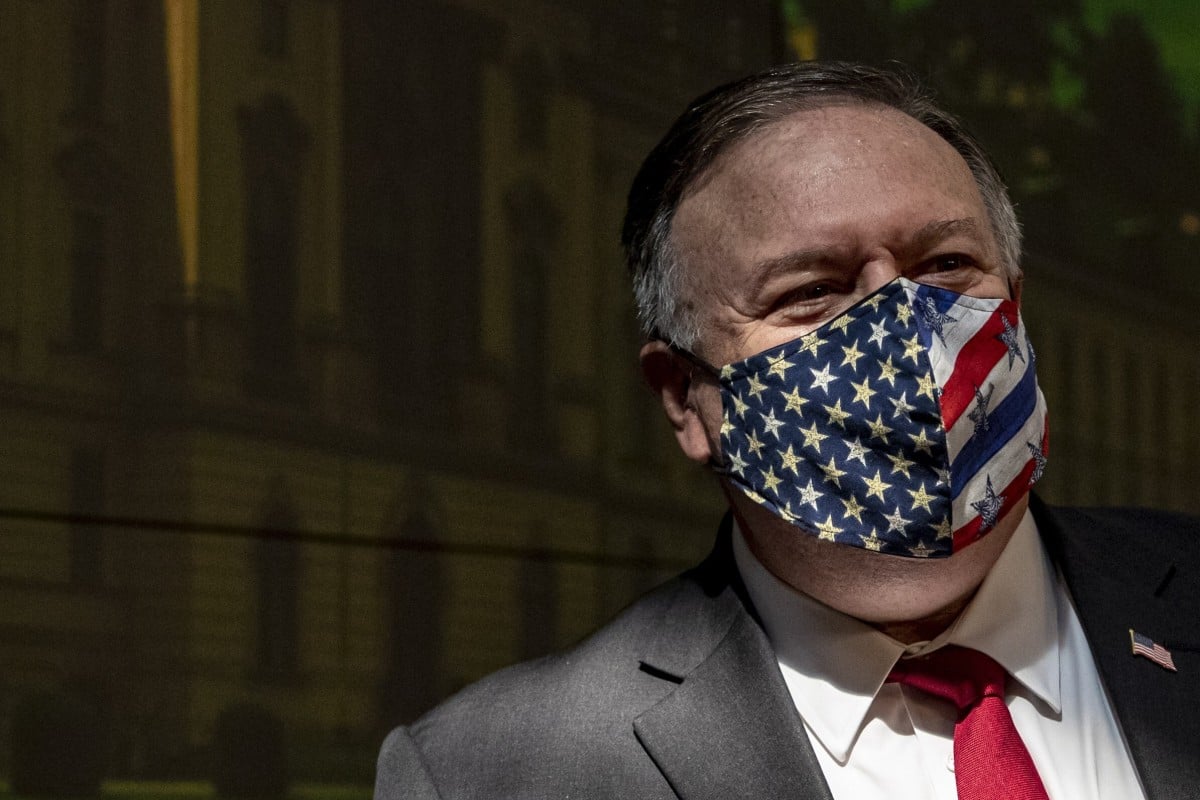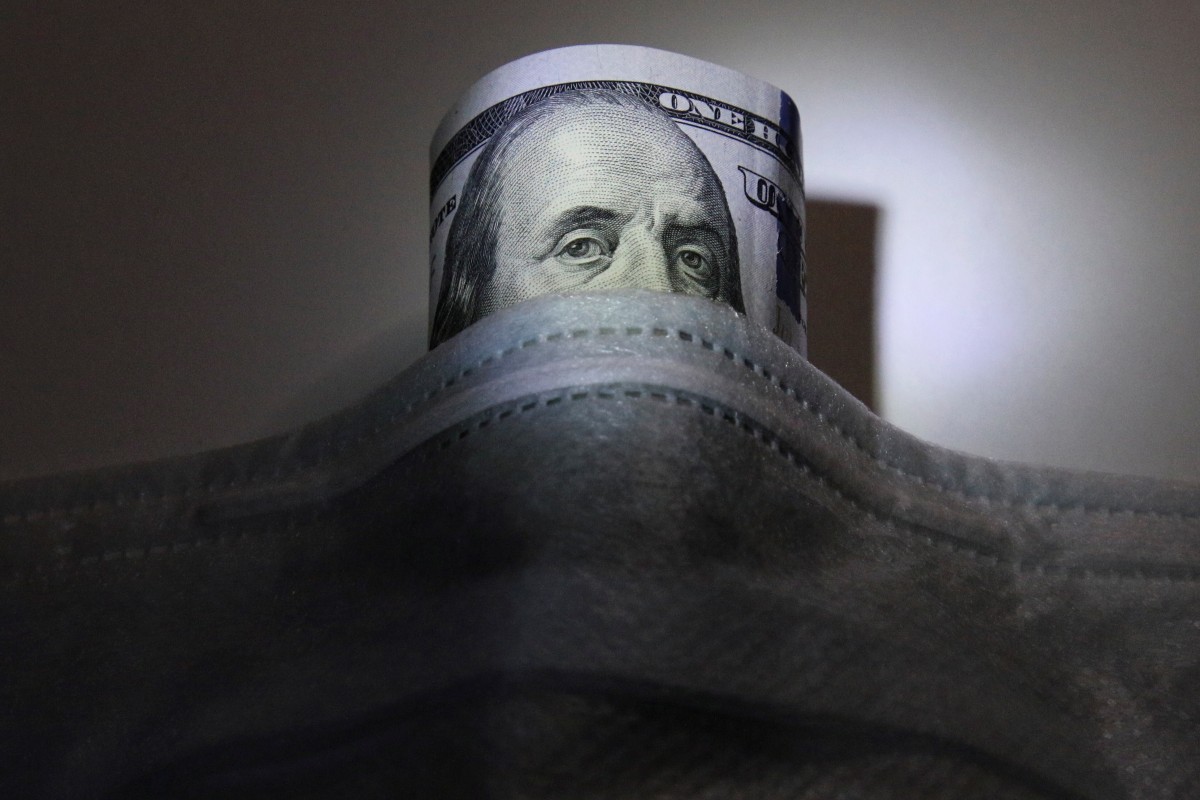Joe Biden faces pressure to separate China trade policy from Donald Trump’s in US election Americans feel more negative about China than ever before, yet healthy trade ties with the world’s No 2 economy remain surprisingly popular among US voters Biden faces challenge in differentiating his China trade policy from Trump’s, with ex-White House aides expecting tactical changes rather than an overhaul ............ a record 73 per cent of Americans now hold an unfavourable view on China, yet 51 per cent want to broker a strong economic relationship with America’s greatest modern-day rival. .......... On China, the common theme has been the need to compete on some fronts and cooperate on others, stopping short of the zero sum view of trade policy that has defined Trump’s approach. .......... A recent Biden proposal to “rebuild US supply chains”, which name-checked China 10 times, with Russia the only other country named (three times), emphasised this fact. ............. expect China to test Biden on trade early on, perhaps discarding the phase one trade deal – which Green described as “the bamboo deal because it is Chinese on the outside and hollow on the inside” – then gauging the new president’s response. ............. When campaigning for the Democratic nomination, he said that “America’s farmers have been crushed by [Trump]’s tariff war with China”, adding that Trump “thinks his tariffs are being paid by China. Any beginning econ student at Iowa or Iowa State could tell you that the American people are paying his tariffs”. .............. Biden would almost certainly be more predictable than Trump. He would seek to rebuild alliances with scorned partners, at a time when China has fallen out with Australia, India, Canada and is struggling to make progress on an investment treaty with Europe ........... even from a Chinese perspective. Trump is destroying America, but he is destroying China too – he is destroying the whole world … so it is not good for China in the long run
China to overtake US as world’s top economy in 2032 despite Washington hostilities, state think tank predicts Report is based on prevailing assumptions in Beijing that China’s economic rise is unstoppable Development Research Centre of the State Council suggests that feuds with United States will continue to intensify over the next five years
China could weaponise drug exports to retaliate against US chip restrictions, Beijing adviser says High-profile economist Li Daokui says Beijing could restrict drug exports to the US if the Trump administration was to cut China’s access to semiconductors Washington has been ratcheting up attacks on Chinese tech firms, including starving Huawei of components made by American companies
China’s wish to end US dollar dominance is unlikely to come true with no genuine challenger in the wings Washington’s moves to sanction both Chinese and Hong Kong officials over the national security law and Xinjiang have highlighted the power of the US dollar The US dollar has remained the dominant currency since the 1940s, with the euro and the yuan lagging behind in terms of global foreign exchange reserves
US-China decoupling: does clash of ideologies raise too many non-negotiables? Live with us peacefully, China’s envoy Cui Tiankai has challenged Washington – but some argue coexistence is expected to be on Beijing’s terms American opposition to China on ideological grounds makes its position equally entrenched......... The world’s two biggest economies are still doing business with each other, but on nearly every other front, from political systems to human rights, territorial boundaries and technology development, they are in an increasingly vocal conflict. ............. “Is the United States ready to live with another country with a different history, different culture, maybe different system, but with no intention to compete for global dominance with the United States?” ............. “Are you ready to live with us in peace?” ........... “We have to keep in mind that the Chinese Communist Party [CCP] regime is a Marxist-Leninist regime,” he said. “General Secretary Xi Jinping is a true believer in a bankrupt totalitarian ideology. “It’s this ideology that informs his decades-long desire for global hegemony of Chinese communism. America can no longer ignore the fundamental political and ideological differences between our countries, just as the CCP has never ignored them.” ........... “For China, the idea of the two countries living together in peace could equate to annexing Taiwan, absorbing Hong Kong, repressing Xinjiang and denying maritime claims of US allies and partners in the East and South China Seas” ............. “Ambassador Cui’s speech, though couched in diplomatic language, is at the same time bullying, insisting that the US accommodate China regardless of Beijing’s inappropriate behaviour, rather than identify ways that China and the US can alter behaviour together to change the paradigm,” he said. “So long as China continues on its current path, the prospects for improved relations are dim, regardless of who is in the White House in 2021.” .......... “Cui’s statement perfectly captures the Chinese view that it is time for the US to accommodate a powerful country with a different political, economic and values system.”
Chinese President Xi Jinping says Marxist political economy is the bedrock for nation’s growth The ‘dominant position of public ownership cannot be shaken’, general secretary of Chinese Communist Party says In an ever-changing global environment, steering the economy into the future will be a major test for the party, Xi says ............ China’s Marxist political economy will continue to adapt to the ever-changing domestic and international environment, but must remain the bedrock on which the nation builds its future .......... steering the economy into the future would be a major test for the party, he said ..... Xi dismissed suggestions that China’s Marxist political economy was outdated, saying it allowed markets to play a decisive role in the allocation of resources but also enhanced the role of the government. ......... US Secretary of State Mike Pompeo last week said America viewed the threat posed by China as “much more difficult” to counter than the one presented by the Soviet Union during the Cold War. ......... Many capitalist countries had suffered economic downturns, unemployment problems, increased polarisation and deepening social conflicts, he said.

Mike Pompeo says Chinese threat may be worse than ‘Cold War 2.0’ US Secretary of State urges Czechs to stand up to Beijing like they did to Soviets Pompeo raises prospect of Chinese world domination on first stop of five-day Central Europe trip ........... “The CCP is already enmeshed in our economies, in our politics, in our societies in ways the Soviet Union never was.” ......... Pompeo slammed China for its repression of the Hong Kong protests and called Beijing’s repression of Uygur Muslims “the human rights stain of the century,” charging that it was “sustained by companies like Huawei, using technology that the secret police could have only dreamed of”. ...... But Babiš was non-committal. He expressed disappointment that China had invested so little in the country, saying: “With all due respect to our American investors, I want more investments from China.”

